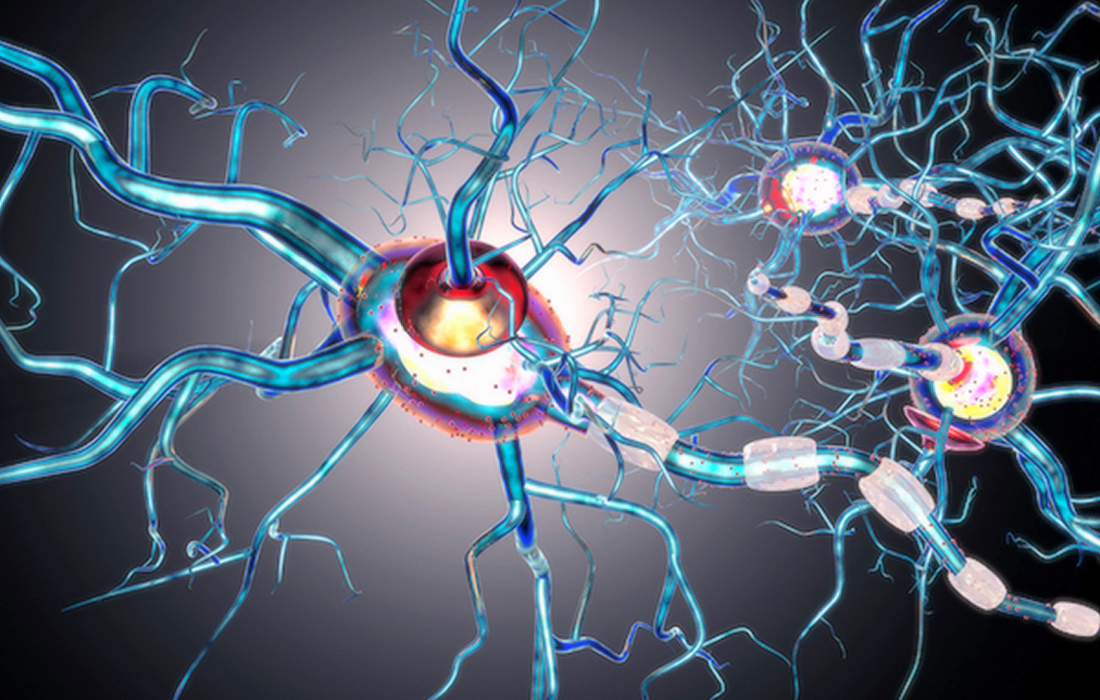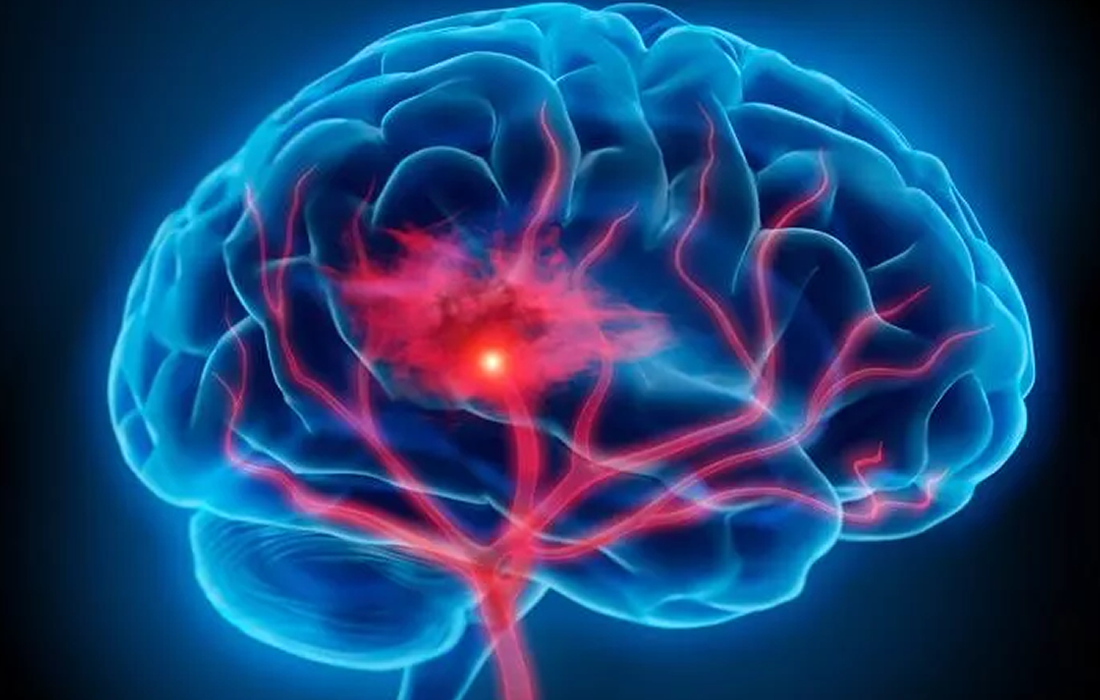The consumption of diets containing high levels of refined carbohydrates impairs learning and memory and leads to significant weight gain. The mechanisms through which these impairments occur are unclear, although recent evidence suggests neuroimmune signaling as a likely target. The impacts of refined carbohydrate intake on the aged brain and behavior are unknown. This gap […]
Author Archives: Francisco Fernandez, MD
What is Multiple Sclerosis? Multiple Sclerosis (MS) is a chronic inflammatory, autoimmune, and neurodegenerative disease of the central nervous system (CNS). MS affects approximately 2.5 million people worldwide. High prevalence of MS is seen in northern parts of Europe and North America. Multiple sclerosis (MS) is a potentially disabling disease of the brain and spinal […]
What is Senescence? Senescence is an irreversible proliferation arrest and a key restriction mechanism to prevent the propagation of damaged cells. However, the progressive accumulation of senescent cells with time has been associated with loss of tissue homeostasis, and is known to contribute to the functional impairment of different organs typically seen in ageing. Research […]
Scientists from the United Kingdom recently published a pilot study in the journal Photomodulation, Photomedicine, and Laser Surgery. They were investigating infrared light as a treatment for various brain conditions. They used a special helmet in middle-aged people with mild cognitive impairment and found that the treatment improved memory, processing skills and motor function. The […]
What is Spinal Cord Injury? Spinal cord injury (SCI) is defined as damage to the spinal cord that temporarily or permanently causes changes in its function. SCI is divided into traumatic and non-traumatic etiologies. Traumatic SCI occurs when an external physical impact (for example, a motor vehicle injury, fall, sports-related injury or violence) acutely damages […]
Multiple sclerosis (MS) is an unpredictable disease of the central nervous system (CNS) that affects the brain and spinal cord. According to the National Multiple Sclerosis Society, there were almost 1 million adults living with MS in the United States in 2017, which is more than twice the reported number in 1975. The common initial […]
Allergic diseases are immune-mediated diseases. Allergic asthma, allergic skin diseases, allergic rhinitis and allergic conjunctivitis are the most prevalent allergic diseases. The general common pathogenesis is the imbalance of the T lymphocytes Th1/Th2. What Is Atopic Dermatitis? Atopic dermatitis (AD) or eczema is a condition that makes your skin red and itchy. It’s common in […]
What is Cronh’s Disease? Crohn’s disease (CD) is a type of inflammatory bowel disease (IBD). It causes inflammation of the digestive tract, which can lead to abdominal pain, severe diarrhea, fatigue, weight loss and malnutrition. Inflammation caused by Crohn’s disease can involve different areas of the digestive tract in different people. This inflammation often spreads […]
What is Methionine? Methionine is an amino acid. Amino acids are the building blocks that our bodies use to make proteins. Methionine is found in meat, fish and dairy products and it plays an important role in many functions within the body. One of the unique features of methionine is the ability to be converted […]
The ongoing COVID-19 pandemic has resulted in over 4·5 million deaths worldwide. Approaches to control COVID-19 depend on the durability of immunity conferred by recovery and by vaccination. However, predicting the durability of immunity against the virus causing COVID-19, SARS-CoV-2, remains challenging amid a pandemic. During the rapid expansion of the pandemic, there have been […]










